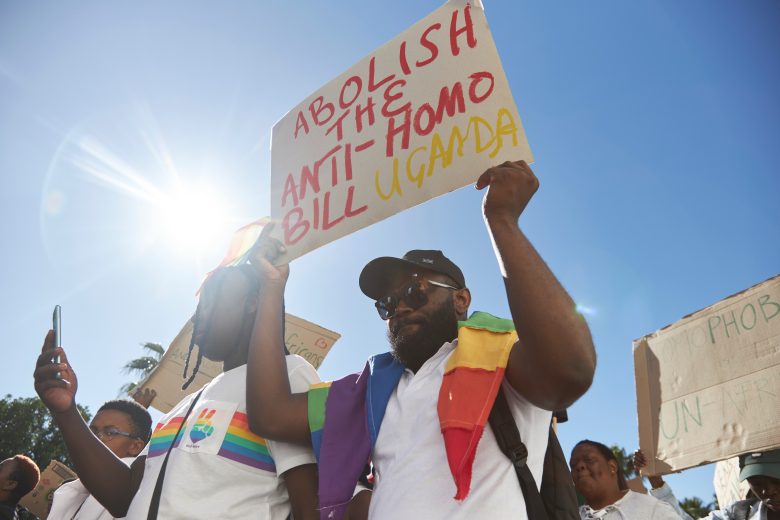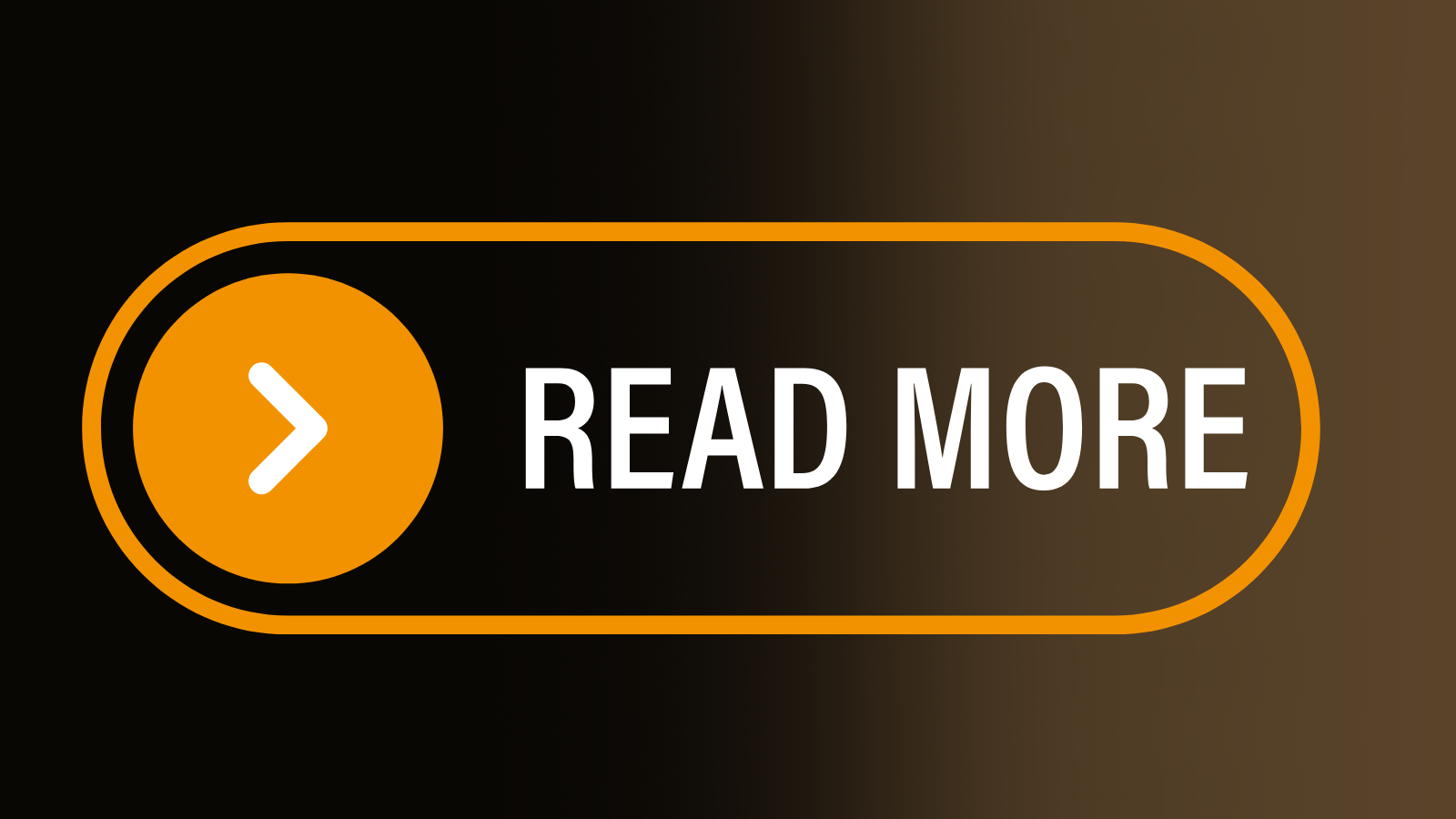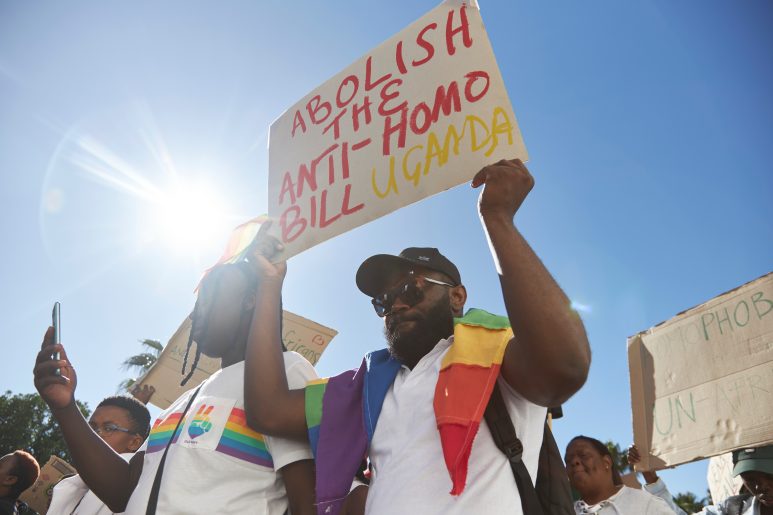By Shade Mary Ann Olaoye, journalist
Earlier this year, Nigerian police ordered the arrest of queer Nigerians who joined a viral TikTok challenge after mainstream blog channels circulated the video of the challenge that had been posted on Instagram. The individuals shown in the video were then subjected to homophobia and abuse, leading to a Olumuyiwa Adejobi, the spokesperon of the Force headquarters, to release a statement.
Over the years, the Nigerian police have been notorious for carrying out mass arrests of gay people in what they perceive to be gay gatherings, including at parties and an alleged gay wedding.

Whilst social media has created a global village for marginalised minorities to find community and galvanise support, the international platform TikTok has become one that “empowers everyone to be a creator”. Unlike other digital platforms, TikTok has become a space for queer Nigerians to find community and document [a bit boldly] the realities of their lives.
With the proliferation of Nigeria’s traditional media amplifying the homophobia within the country and painting queer Nigerians in a negative light with their headlines, TikTok has given the often marginalized community the power and opportunity to tell their story unabashedly and humanize themselves for the world to see.
The dehumanization of queer Nigerians is not unusual in the country; multiple videos have circulated on the internet as citizens harass, abuse, and shame alleged queer persons and crossdressers on the streets. In this latest video, a man is seen using a piece of wood to repeatedly hit an individual who is dressed differently from the norm.
Yet, Nigeria is not the only African country putting the lives of LGBTQIA+ people at risk or creating laws that further encouraged citizens to take extrajudicial actions against people perceived to be queer. Months ago, The Guardian documented how Western influences impact queer hatred by birthing a surge of repressive and discriminating laws.
In February, Ghana’s parliament voted to pass a bill that severely restricts LGBTQIA+ rights in the country. The ‘Human Sexual Rights and Ghanaian Family Values Bill’ sparked discourse and concern amongst the queer community in the country for its draconian components.
The bill places a ban on LGBT associations and groups, trans healthcare, and imposes three years imprisonment for same-sex relations, and 6 to 10 years of imprisonment for anyone who produces, procures, or distributes material deemed to be promoting LGBT+ activities.
In 2003, before this bill was passed, Uganda assented to the ‘Anti-Homosexuality Act’ that restricted freedom of speech for LGBT civil rights and introduced harsher punishments such as life imprisonment and a death sentence for homosexual acts.
According to Marline Oluchi, a policy advocacy specialist, this sets a precedent for other African countries.
“With what is happening in Uganda, Ghana and other African countries, there is increasing panic amongst the queer communities in Nigeria because while we have hostile legal provisions against us, we are seeing worse ones coming out from other African countries, and there is a risk that our government and lawmakers might decide to join the train.”
The criminalization of gay rights is not new to Africa. Records show that as of October 2023, out of the 54 countries in the continent, 31 have outlawed the existence of gay people, pushing further the minority group to live in the shadows for fear of their lives.
“It feels as if we are regressing in every aspect of human rights and dignity, and we don’t really know what the next day will look like. This is what it means to be queer and Nigerian in today’s world,” Marline explains.
Ten years ago, the then president of Nigeria, Goodluck Ebele Jonathan, signed the Same-Sex Marriage Prohibition Act (SSMPA), which criminalised the existence of queer people and prohibited same-sex romantic relationships.
Not surprisingly, with reasons like culture, religion and tradition, the passing of this bill was welcomed and supported by the larger population, given the homophobic nature of the country and its citizens.
This criminalisation put a strain on the survival of queer life in Nigeria as citizens grew emboldened to unleash jungle justice, carry out conversion therapy, kito unsuspecting queer people without fear of an arrest. (Kito is a Nigerian term referring to the act of extorting money and other valuables from gay men by threatening to expose them)
As the ‘legitimize violence’ exists, there is reason to believe that public perception towards LGBTQIA+ persons is gradually changing. In 2019 a social perception survey conducted by The Initiative for Equal Rights (TIERS) showed a gradual increase in the acceptance of LGBT persons in Nigeria. While the results indicated that 60% of Nigerians will not accept queer family members, this is a far cry from the 83% who held a similar perspective when the survey was conducted in 2017.
“Legally, the SSMPA still exists, but socially, there have been some noticeable shifts in knowledge, attitudes and behaviours towards LGBTQI+ persons in Nigeria. The rate of social discrimination and violence recorded today is a bit lower than what we used to record ten years ago. So, I’ll say that there is a general social awakening and more understanding of LGBTQI+ realities in Nigeria, but this has not yet translated to just and fair laws for us,” says Marline Oluchi.

Pictures from shutterstock.com
Disclaimer:
The views and opinions expressed in this article are solely those of the author and do not reflect the official policy or position of the Media Diversity Institute. Any question or comment should be addressed to [email protected]

